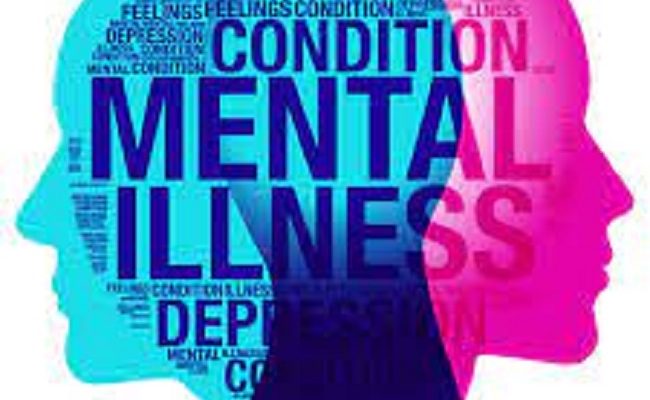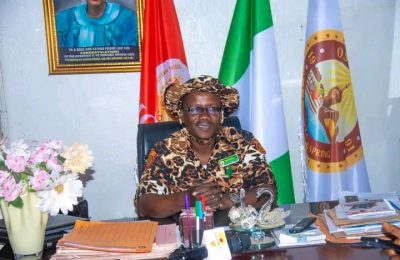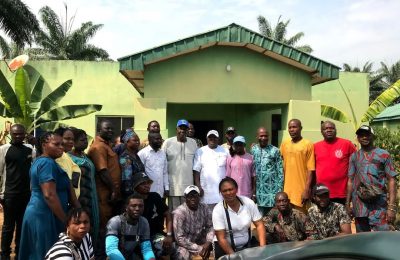

A don, Professor Ayodele Jegede, has described the pressure exerted by economic depression on the mental wellbeing of Nigerians as worrisome and called for a multiplicity approach that spans individual, community, and societal levels to swiftly address it.
Jegede, a professor of medical anthropology, sociology, and bioethics at the University of Ibadan, stated this in his health talk entitled “Effect of Depressed Economy on Mental Health of Nigerians,” a part of activities to mark the Resurrection Morning Star Society Anniversary Week in Ibadan.

Professor Jegede declared that economic problems like low productivity, inadequate social safety nets, unemployment, and treatment costs, as well as social problems like marriage instability, fear, anger, and breakdown of community cohesion, were increasingly having a great impact on the mental health of Nigerians.
He added, “The depressed economy has led to increased stress and anxiety, substance abuse, depression, suicide, and reduced access to mental health services.
“In fact, there are reports in the media that economic hardship is making some husbands figureheads, women lamenting that marriages are now boring, and a surge in suicide among Nigerian youths due to depression, among others.”
Professor Jegede declared that one in five Nigerians, according to the World Health Organisation estimates, is affected by mental illness, and the most prevalent mental illnesses include depression and anxiety disorders.
Although mental health is shaped by the complex interplay of biological, psychological, and social factors, he declared that factors such as stigma, gender issues, inadequate health infrastructure, and cultural perceptions and beliefs about mental health are still militating good mental health for Nigerians.
In mitigating the impart of economic depression on mental health, he declared that coordinated efforts across individual, community, and societal levels is required.
“At the individual level, there is the need to develop resilience and coping strategies as well as financial planning and management. The strengthening of healthcare systems, economic stimulus measures, reduction in stigmatisation, and social welfare packages is needed at the societal level.
“Also, community-based mental health programmes, promotion of social cohesion, and economic support initiatives at the community level to reduce the mental health burden associated with economic depression.”
Earlier, Professor Olabode Lucas, President of the Resurrection Morning Star Society of the Chapel of Resurrection at the University of Ibadan, stated that the health talk was to help people know how best to cope with the depressed economy and afford its impact on their mental well-being.
Read Also: Subsidy removal: Uzodinma tasks media on adequate enlightenment








